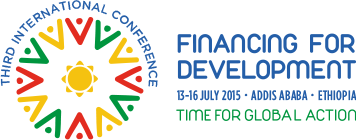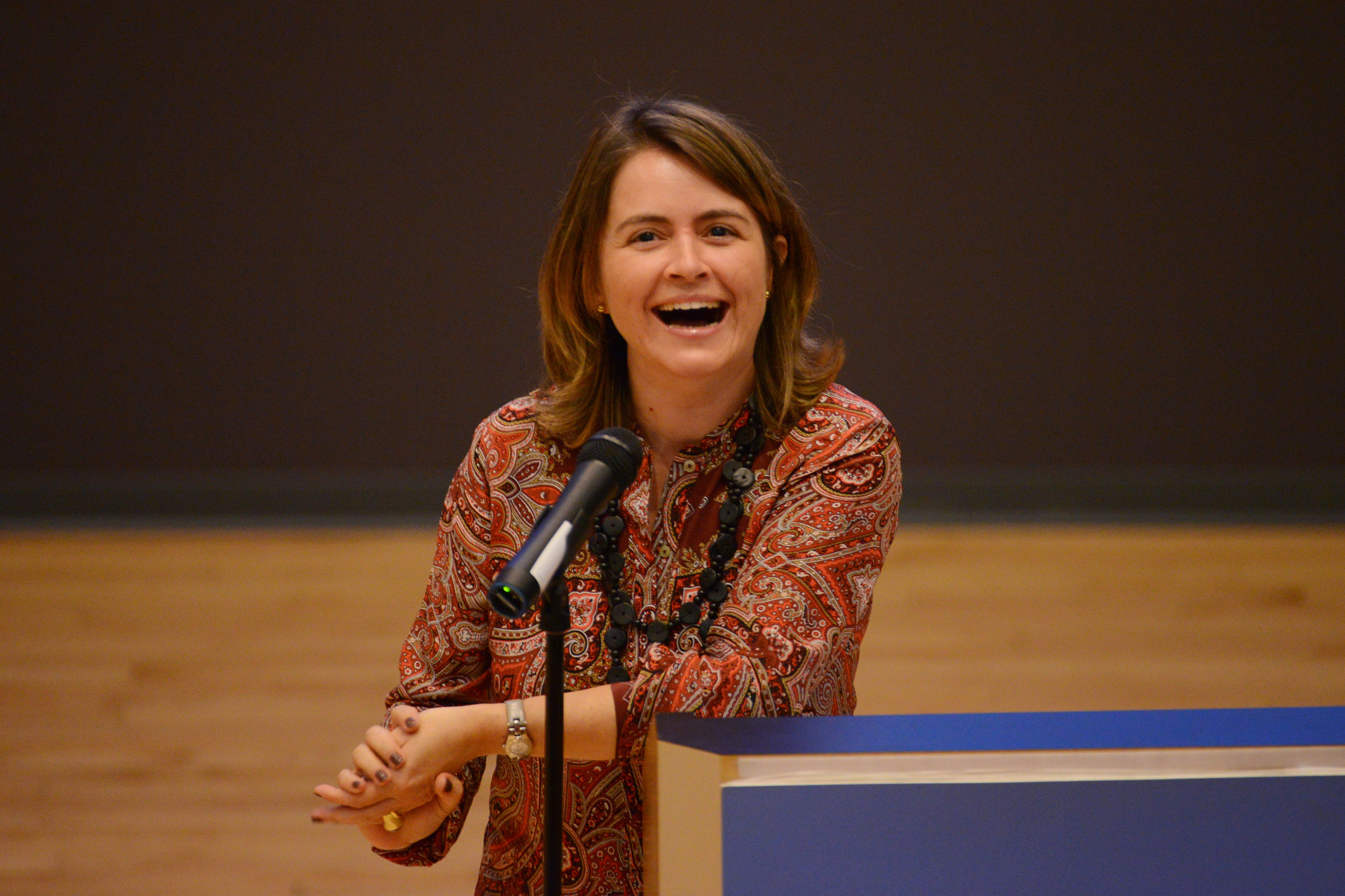by Catarina de Albuquerque
14 July 2015
The success of the Sustainable Development Goals’ (SDGs) will not be measured based on abstract and blind numbers and averages – we have learned from past experience the dangers involved in doing that. Instead, we’ll use two “new” indicators of success: the strength of the relation between duty bearers and right holders (or in other words, the accountability framework) and ensuring no one is left behind.
The second indicator’s focus on eliminating inequalities means attention must be placed on the communities and groups that are hardest to reach and which, up until now, were not visible in the statistics displaying progress towards the SDG’s predecessors, the Millennium Development Goals.
Under the MDG framework, it’s possible for a country to meet its water and sanitation targets without reaching the hardest to reach: the remote rural communities, the slum dwellers, people with disabilities, ethnic minorities or the poorest of the poor.
Hopefully, this is what the SDGs will get right: A goal or target should only be considered achieved if it is met for all social and economic groups inside a country. This is the hard nut that needs to be cracked by governments and other development partners, in particular by ministers of finance. And I’m not only thinking of the so-called “developing countries”: all countries, including the “developed” ones, have sections of their population still unreached, such as the homeless, the nomadic communities and more broadly the poor. Universality will truly be a global effort and a challenge for every single country, but as former US President Franklin D. Roosevelt put it almost 80 years ago, “The test of our progress is not whether we add more to the abundance of those who have much it is whether we provide enough for those who have little.”
Reaching these communities is a financial challenge and it’s not acceptable to just talk about the value-for-money of, for instance, providing them with access to water and sanitation, because it’s a given that such an investment will rarely pay off in strict economic terms. The private sector is unlikely to invest in these communities, which leaves States to take the lead with support from donors, but also counting on household contributions. This is also where strengthening the relation between duty bearers and right holders comes in: from a human rights perspective, it is the duty of States to take steps to progressively realize the human rights to water and sanitation for all within the maximum of available resources, while eliminating inequalities. The State – at local and national levels – has an obligation to create an enabling environment within which people will be able to enjoy their human right to water and sanitation.
Investing in water, sanitation and hygiene is particularly effective because it’s been proven to have a vast multiplier effect on other development areas. For instance, women and girls who trek miles for drinking water miss out on productive work or school education. About 443 million school days are lost each year due to water-related illness. Also, 1.400 children die every day from unsafe water, lack of basic sanitation and poor hygiene and many adults suffer from waterborne disease and ill health, making them less economically productive and straining already weak health systems.
This means that investments toward achieving the proposed SDG Goal 6 (“Ensure availability and sustainable management of water and sanitation for all”) would have an impact on other Goals as well, such as the ones concerning gender equality, education, elimination of inequalities, health and economic development.
In a way, the expression Think Globally, Act Locally has never been more valid and making it work will depend on how well the global community works together. Partnerships like the one I represent, Sanitation and Water for All, are committed to implementing exactly this vision. Our 96 partners (governments, donors, civil society and more) are committed to play a pivotal role as a thematic partnership for follow-up and review of water, sanitation and hygiene related SDG targets. Our ambition is to put this global dialogue into motion and become the platform where countries learn about good practices, and on how to overcome bottlenecks.

